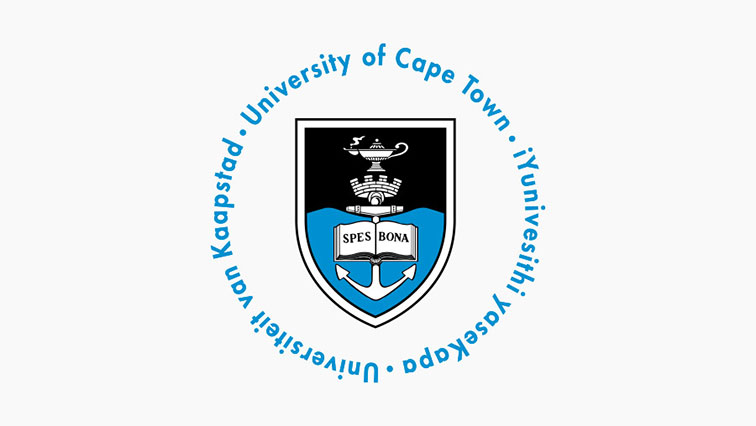
Identify unsecure websites
Websites that are not secure do not offer Secure Sockets Layer (SSL), a protocol developed for transmitting private documents via the Internet.
Read more

Mobile apps
Today's mobile devices are essentially handheld computers. Because of their portability and convenience, people often store personal data on them. But, like laptop and desktop computers, these devices need to be protected from threats.
Read more

Password management
Passwords are used for the security of all staff and students. Your password must be kept secret and must not be given anyone else.
Read more

Patches and updates
All software programmes, web browsers, applications and operating systems are vulnerable to attack, which is why developers regularly release patches and updates.
Read more


Physical security
We'd all like to believe that our mobile device or computer will never get stolen, but theft is a reality. By taking the necessary precautions, you can protect yourself from such crime.
Read more

Social media
In both the personal and professional world, social media has made a significant impact in the way we communicate and network.
Read more

Stay safe online
Computing devices are an essential part of modern life. We use smart phones, tablets and computers to work, play, organise and communicate – with a vast array of functionality at our fingertips whenever we need it, no matter where we are.
Read more

Anti-virus software at UCT
Before using your laptop or computer to connect to the UCT network you must install an up-to-date anti-virus application.
Read more

Virus Protection for Mobile Devices
UCT does not offer an anti-virus solution for mobile devices such as smart phones, tablets and other handheld devices. Customers making use of these devices need to make their own arrangements for anti-virus protection
Read more
